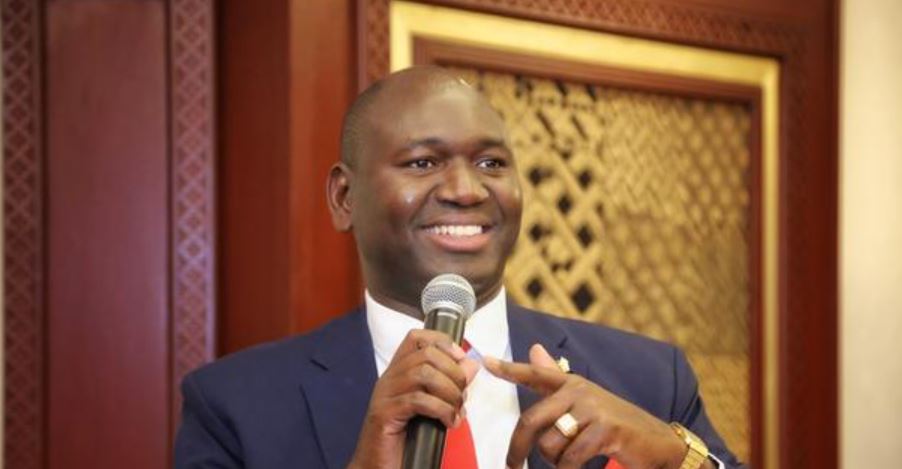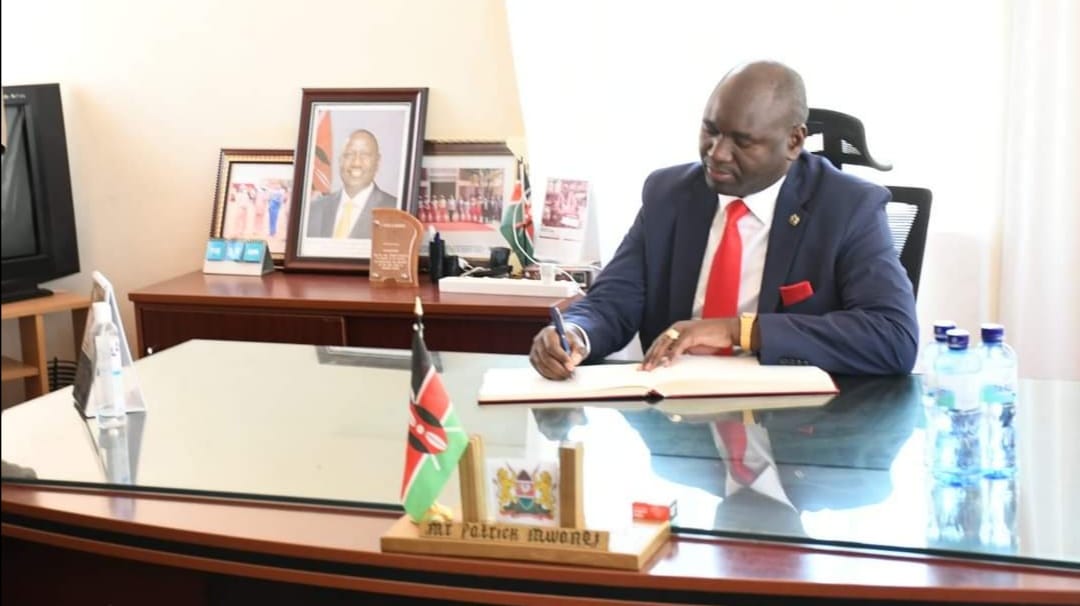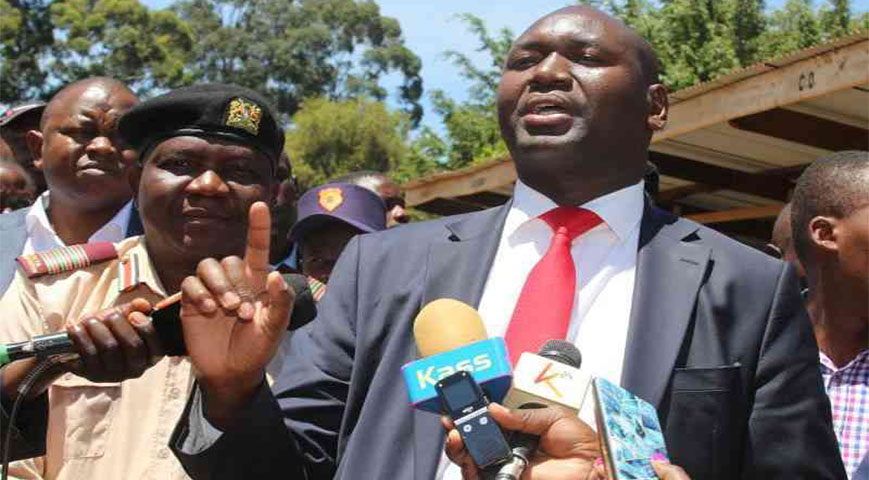The government is refuting reports that newborns will be implanted with electronic chips as part of the digital ID deployment.
In a statement to newsrooms on Wednesday, Immigration and Citizen Services Principal Secretary Prof Julius Bitok allayed anxieties, saying foreign corporations created the misinformation after the government rejected their business contracts in the digital ID migration.

After speaking to the Kenya Conference of Catholic Bishops (KCCB) at Waumini House following a plea to clarify the accusations, Bitok dismissed the assertions as a smear campaign by overseas corporations dissatisfied with the government's choice to localize the project.
Did you read this?
"The propaganda that we are inserting chips into babies was fuelled by them (vendors) as a result of the government's refusal to take them up on this project," he went on to say.
"Some wanted to take the Maisha Namba off the ground, but we declined their offer because this is a Kenyan ID and process, and we already have a foundational ID." Maisha Namba is just a step up."

Prof. Bitok justified the choice to consider local IT solutions in the digital migration by citing worries about data security and integrity, arguing that foreign corporations could not be trusted to carry out the project.
Despite competitive demand from prominent global technology businesses for digital ID agreements, he stated that the government prefers to improve on the existing digital foundation using local experts.
According to Bitok, the choice to go local was also influenced by a conscious policy to promote local entrepreneurs in general and tech firms in particular, a stance that has evidently irritated global digital technology behemoths.
.jpg)
The KCCB, representing 26 bishops, expressed worry about the implant allegations and other ambiguities surrounding the digital ID and encouraged the government to clarify the situation.
In Nakuru, the bishops also advocated for increased public participation and stakeholder involvement in the digital ID rollout.
“Knowledge is power and there is a need to continuously share information with the public to dispel the misinformation out in the public. It is imperative that continuity and diversity in communicating the right information to the public on the project is employed,” said Bishop Anthony Muheria, the Archbishop of Nyeri.









